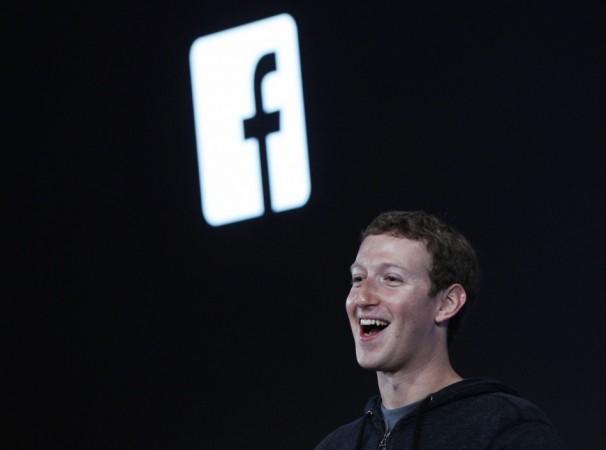
Facebook has suggested the newspaper, magazine and web publishers to upload content directly to their website. The upload will be followed by deals on a revenue-sharing basis. These media contents will be directly delivered to the Facebook app.
Facebook has already started discussing with the publishers over the content sharing issues, according to a report published in The New York Times,
Facebook has claimed that their own app is opened by 654 million users on a daily basis, in which one can load the contents more quickly. On the other hand, the publishers' websites are usually clunky with loads of paid advertisement and will take time to load content on cell phones.
If accepted, this Facebook offer will be meaningful to users as the content's will be available together in a seamless manner. This direct-to-Facebook publishing approach will follow a shared revenue deal.
But, this deal is likely to send chills down the spine of the publishers, as this deal will definitely signal Facebook's growing influence over media and also the publishers will lose the authority from their content, according to the NYT.
But the publishers would likely maintain a good rapport with this popular social media website with 1.4 billion users worldwide.
"We are at the very beginning of a conversation and it's very important that we get this right," Facebook's chief product officer Chris Cox told The New York Times "Because we play an increasingly important role in how people discover the news that they read every day, we feel a responsibility to work with publishers to come up with as good an experience as we can for consumers. And we want and need that to be a good experience for publishers as well."
However, this proposal is not the first time Facebook has made. In 2011, numerous popular publishers like The Gurdian, The Washington Post, Business Insider and The Independent had signed a deal to create 'Social Reader' apps to consume and share the contents over Facebook's platform.
Facebook had also released an app, named 'Paper', in the beginning of this year for sharing contents, but it didn't achieve the popularity Facebook expected.

















